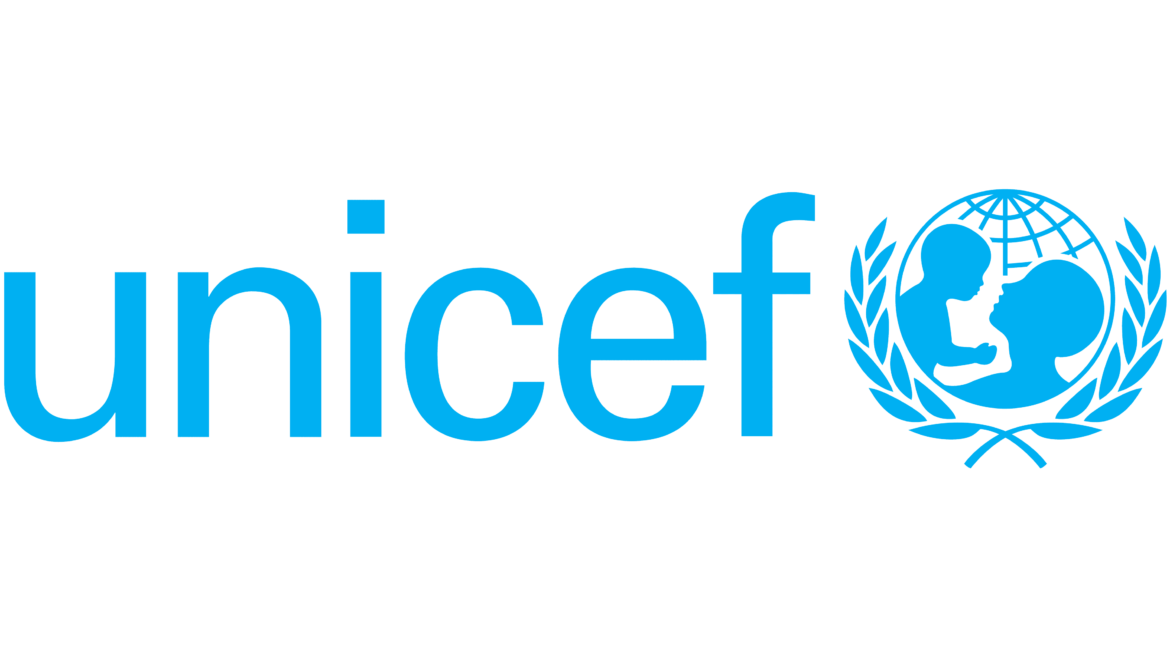By Asmau Ahmad
The United Nations Children’s Fund (UNICEF) has pledged to ensure success of the process for the development of the Water Sanitation and Hygiene (WASH), policy that would save the lives of millions of Nigeria’s vulnerable population.
Chisom Adimorah, the WASH Specialist for UNICEF, Nigeria, made the pledge at a meeting of the Technical Committee for the Development of a National WASH Policy and implementation strategy, which held in Abuja.
Adimorah said the UN bloc was willing and ready to support the processes that would drive development of an acceptable policy and implementation strategy, as part of its efforts at ensuring that the country’s vulnerable persons, especially children, had access to WASH, to curb avoidable mortalities.
She commended the federal ministries of Water Resources, Environment, Health, and other stakeholders, who were collaborating on the WASH project, for their various contributions for the development of the programme.
The technical committee was inaugurated on April 3, in Abuja, by the immediate past ministers of Water Resources and Environment, Suleiman Adamu and Mohammed Abdullahi respectively.
Declaring the meeting open, Dr Nicholas Madu, the Director, Water Supply, Federal Ministry of Water Resources, and Chairman of the Technical Committee, said the meeting was a testament to the commitment of all stakeholders to advance the development of the National WASH Policy and its implementation.
Madu said the meeting was called to examine received comments, suggestions and inputs on the committee’s shared Terms of Reference (ToR).
The Director reminded members of the committee that their main task was to further galvanise efforts made, and dissect all relevant sections of the ToR as plans had been concluded to engage a suitable consulting firm that would review the process, which was expected to accommodate relevant contributions from stakeholders.
He noted that improved WASH services were imperative in ensuring human development outcomes such as poverty reduction and inclusive growth, which were fundamental to healthier living conditions for citizens.
Madu said it was in furtherance of this objective that the ministry and other critical stakeholders re-engineered efforts towards the development of the programme, to address perceived imbalance in WASH service delivery across the country.
On her part, Mrs Rita Okea, the Deputy Director, Environmental Health and Sanitation, Federal Ministry of Environment, said it was imperative that all critical stakeholders were carried along to ensure success of the WASH project.
Okea, however, reiterated the ministry’s commitment to ensuring smooth development of the process.
Also speaking, at the meeting, Mr kolawole Banwo, Head, Advocacy and Communication, Water Aid, urged members of the committee to ensure that the process was driven successfully.
Banwo further urged the critical stakeholders, especially collaborating ministries, to sort out whatever differences that might arise from the processes of developing the policy, and ensure that the success achieved so far was not tampered with or stalled.
He further commended the members of the committee for a job well done.




